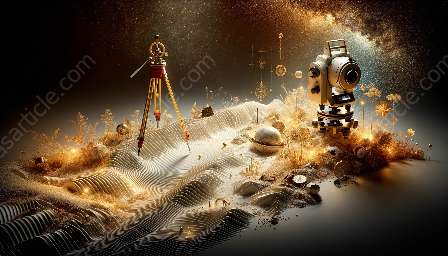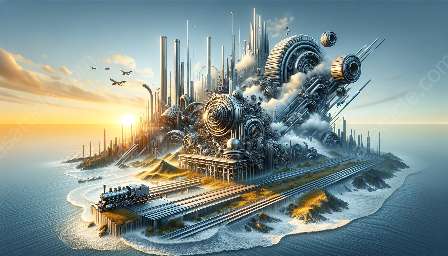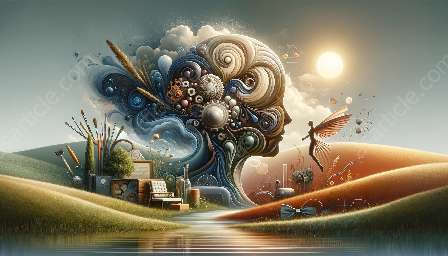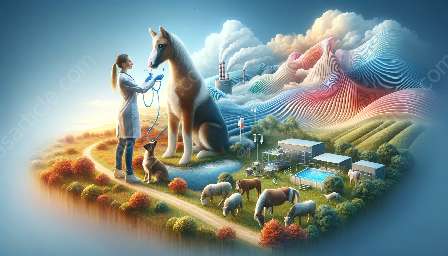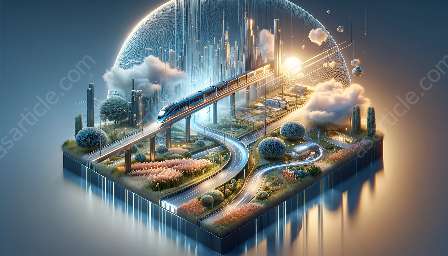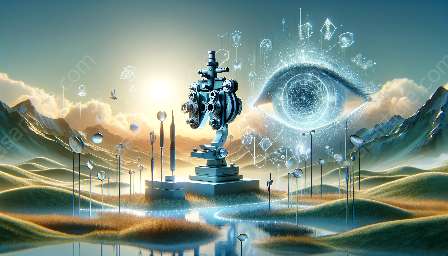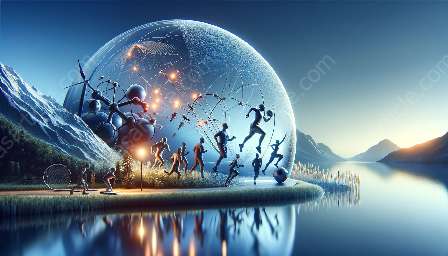Discover the captivating realm of dynamics and controls, where the intricate interplay of forces and systems unfolds. This topic cluster explores the principles and applications of dynamics and controls within the realm of applied sciences, delving into the methods used to analyze and manipulate these fascinating phenomena. From classical mechanics to modern control systems, embark on a journey to understand the captivating world of dynamics and controls.
The Fundamentals of Dynamics
Dynamics is the branch of physics that deals with the study of motion and the forces that cause it. It encompasses a wide range of phenomena, from the motion of celestial bodies to the movement of particles at the atomic level. In the realm of applied sciences, dynamics plays a crucial role in understanding and predicting the behavior of various systems and devices.
Classical Mechanics
Classical mechanics, pioneered by luminaries such as Isaac Newton and Galileo Galilei, forms the foundation of our understanding of dynamics. It describes the motion of objects and the forces acting upon them using elegant mathematical principles. From the laws of motion to the principles of energy and momentum conservation, classical mechanics provides a powerful framework for analyzing and predicting the behavior of mechanical systems.
Fluid Dynamics
Fluid dynamics focuses on the behavior of liquids and gases and their interactions with solid bodies. This area of dynamics is essential in numerous applied sciences, from aeronautics and hydrodynamics to biofluid mechanics. Understanding the complex flow patterns and forces exerted by fluids is crucial in designing efficient systems and devices.
The Intricacies of Control Systems
Control systems are mechanisms that regulate or manipulate the behavior of dynamic systems. These systems are ubiquitous in modern technology, playing roles in everything from aerospace engineering to industrial automation. By exerting influence over the behavior of dynamical systems, control systems enable the precise manipulation and optimization of various processes.
Feedback Control
Feedback control systems are designed to maintain the desired state of a dynamic system by continuously adjusting its behavior based on measured signals. This method of control is pervasive in engineering and technology, ensuring the stability and performance of diverse systems, from temperature regulation in HVAC systems to the stability of aircraft during flight.
Optimal Control
Optimal control theory seeks to find the best control strategy to minimize or maximize a certain performance criterion. This area of research has profound implications in fields such as economics, robotics, and aerospace engineering, where the optimization of system behavior is of paramount importance.
Applications in Applied Sciences
The principles of dynamics and controls find diverse applications across numerous fields within applied sciences. Whether it's the analysis and optimization of mechanical systems, the control of chemical processes, or the design of advanced robotics, the understanding of dynamics and controls is instrumental in pushing the boundaries of technological innovation.
Autonomous Systems
Advances in dynamics and controls have led to the development of autonomous systems, where machines and robots are endowed with the ability to perceive their environment and make decisions autonomously. From self-driving cars to unmanned aerial vehicles, the integration of dynamics and control principles has revolutionized the capabilities of autonomous technology.
Biomedical Engineering
In the realm of biomedical engineering, dynamics and controls play a crucial role in the design and operation of prosthetic limbs, medical imaging systems, and advanced drug delivery devices. Understanding the dynamics of the human body and the application of sophisticated control systems have opened new frontiers in enhancing healthcare and improving the quality of life.
Conclusion
In conclusion, the exploration of dynamics and controls within the realm of applied sciences unveils the captivating interplay of forces and systems, as well as the methods used to analyze and manipulate them. From classical mechanics and fluid dynamics to feedback control and optimal control, these areas of study offer profound insights and applications that continuously push the boundaries of technological innovation. As the field of applied sciences continues to evolve, dynamics and controls will remain indispensable in unraveling the mysteries of the physical world and driving the advancements that shape our modern society.







